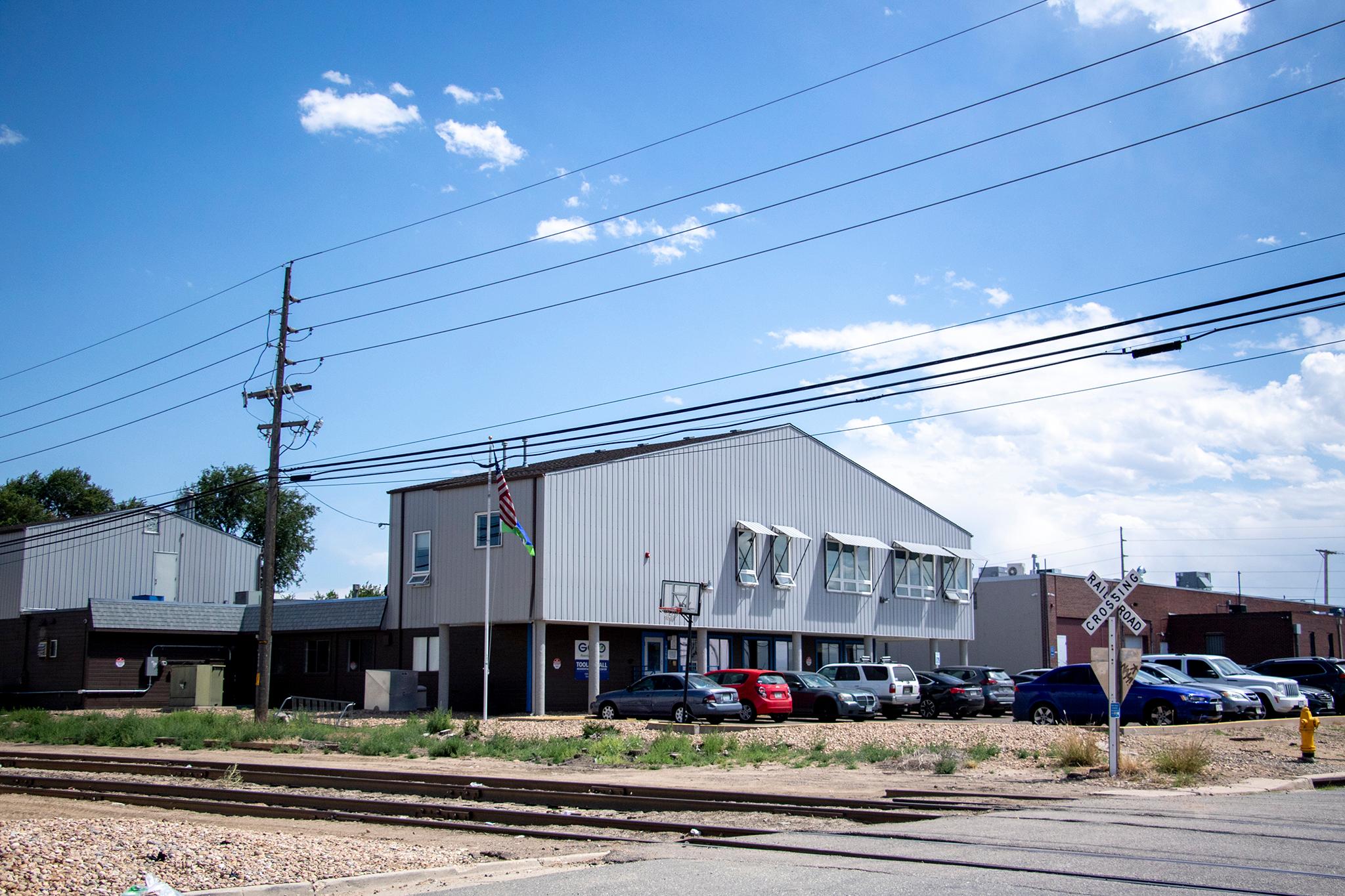Operators of private prisons and halfway houses are under more fire this month.
Last week, civil rights attorney David Lane filed suit in district court, alleging GEO Group didn't do enough to stop sexual assaults in its Tooley Hall halfway house in Northeast Park Hill. He's seeking damages for a former inmate who was forced to perform sexual acts on David Lujan, who worked as a counselor there and was pled guilty last year to sexually assaulting Lane's client and two other men.
Lane told Denverite he hopes it will send a message to local officials and state legislators that private companies should not be trusted to house or rehabilitate offenders.
"I believe that privatizing corrections is atrocious. Private companies have no business being in the business of incarcerating people. It is a government function and the government needs to stand up and address the constitutional requirements of people who are incarcerated," he said.
GEO houses thousands of people in prisons and halfway houses across the U.S. It runs ankle monitoring programs, provides governments with re-entry services and posted more than $2 billion in revenues in 2018. They operated two halfway houses in Denver until late last year, when their contracts with the city expired and they closed both Tooley Hall and the Williams Street Center in City Park West. Last August, City Council voted not to extend their contracts to make a statement on the company's involvement with immigration prisons, like their facility in Aurora.
A court filing describes how Lujan forced Lane's client -- who is referred to only as "J.H." -- to perform oral sex and more under threat of returning to prison.
It began when Lujan offered to sell J.H. clean urine for $50 so he could pass a drug and alcohol test. But J.H. "had a serious alcohol addiction, and needed to pass more. Lujan soon upped his price to include oral sex.
"J.H. felt that his only choices were to go to prison or accede to Defendant Lujan's demands," the filing continues. "Defendant Lujan made very clear that if J.H. did not submit to Defendant Lujan's sexual assault, Defendant Lujan would send J.H. to prison."
Lane's case says Lujan continued to escalate his abuse, once finding J.H. at a McDonald's and forcing him into a car, where he molested him.
"On at least one occasion, Defendant Lujan put his fingers inside J.H.'s anus and threatened that if he did not do the same to him, J.H. 'wasn't going to like the outcome.'"
When J.H. finally told other GEO staff about the abuse, Lane's filing alleges, "they would just laugh at him."
"Staff at GEO did nothing to attempt to protect J.H. from the harm committed against him by Defendant Lujan," it reads.
Four other employees are listed as defendants in the case for their alleged indifference to these crimes. Lane said he believes he can corroborate J.H.'s claims that his pleas for help were ignored.
Lane's filing says J.H. eventually escaped the facility and later returned to prison: "J.H. felt trapped knowing that no one was willing to help him."
GEO responded that they've not been formally served with a suit in relation to the matter.
Greg Mauro, the lead of Denver's halfway house program, said this kind of complaint does happen, but not often. The federal Prison Rape Elimination Act requires him to be alerted of all complaints of sexual encounters, though he said Denver has no centralized system to collect data when PREA is invoked in the city.
Denver City Council voted to purchase Tooley Hall in December. When it was still open, it was the site of a "unique" behavioral cognitive therapy pilot program that local officials hoped would move the needle on the state's recidivism rates, which are higher than national averages. Mauro and others are now dreaming up a program to replace the one where these assaults happened.
Correction: This story originally stated Lujan was "convicted" of assaulting three men. He actually pled guilty and thus did not have a trial.
This story has been updated.













